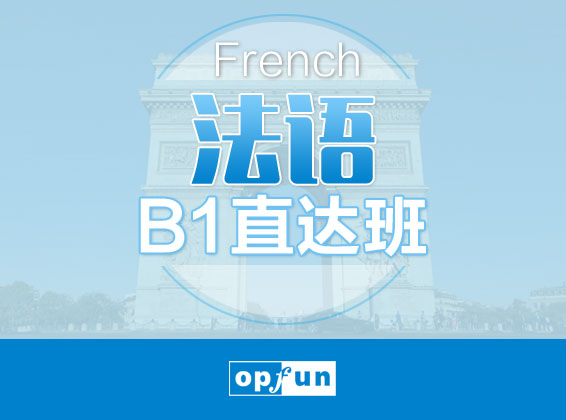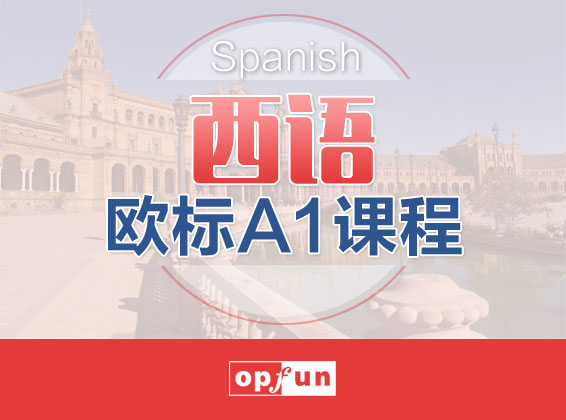|
English
|
Portuguese
|
Pronunciation/Notes
|
| |
| Hello |
Olá |
Olah – This is quite an informal greeting. |
| |
| How are you? (formal) |
Como está? |
Komu eshta? – You often say things differently depending on whether you are speaking formally or informally. Speak formally to people you meet for the first time, people older than you, or as a general sign of respect. |
| |
| How are you? (informal) |
Como estás? |
Komu eshtazh? – This is the informal variation, which is only used with people you know well, family members, children, or people significantly younger than yourself. |
| |
| I’m OK, thank you. |
Estou bem, obrigado/a |
Eshtoh baym[ng], Obrigahdu/a – lit. “I am well, thank you.” This is perhaps the most common response to the above question. For ‘thank you’, men say ‘obrigado’, women say ‘obrigada’ (regardless of whether the person they are talking to is male or female).* |
| |
| I am fine |
Estou óptimo/a |
Eshtoh ohtimu/a – note that the ‘p’ in ‘optimo’ (fine) is virtually silent (the Brazilians spell it without a ‘p’). Again, whether to use ‘optimo’ or ‘optima’ depends on your own gender. |
| |
| Is everything OK? |
Tudo bem? |
Toodu baym[ng]? – lit. “everything well?” Note: This is probably the most common greeting in Portuguese - it is used much more frequently than 'como está?'. |
| |
| Yes (everything is ok) |
Tudo [bem] |
Toodu – lit. “everything [well].” The ‘bem’ is optional when replying to the above question. |
| |
| Not too bad |
Mais ou menos |
Myze oh menush – lit. “more or less.” Use this response if you want to indicate that you are a little ‘under the weather’. |
| |
| Pleased to meet you |
Prazer |
Prazair – lit. “pleasure.” |
| |
| Very pleased to meet you |
Muito prazer |
M[ng]wee[ng]tu Prazair – lit. “much pleasure.” The word ‘muito’ has a very nasal sound, which kind of breaks the rules of pronunciation! Sometimes it can sound more like ‘moitu’, depending on the accent of the speaker. |
| |
| Good Morning |
Bom dia |
Bom[ng] deeya – lit. “Good day” – a slightly more formal greeting than Olá – generally used up until about 1pm. |
| |
| Good Afternoon |
Boa tarde |
Boa tarde (after about 1pm) |
| |
| Good Evening |
Boa noite |
Boa noite – note that the same word, noite, is used for both evening and night. Switch from saying ‘boa tarde’ to ‘boa noite’ around sunset. |
| |
| Good Night |
Boa noite |
Boa noite |
| |
| Note: You can mix Olá with bom dia, boa tarde, boa noite to make another fairly informal greeting (eg. Olá, bom dia) |
| |
| Goodbye |
Adeus |
Adayush – lit. “To God”. Note that you can use bom dia, boa tarde, and boa noite to say goodbye as well. |
| |
| ‘Seeya’ |
Tchau |
Chow – this is a Brazilian expression, but is widely used by Portuguese as well. |
| |
| See you later (same day) |
Até logo |
Atay logu – lit. “until straight away”, which doesn’t really make sense, but then neither do a lot of things in Portuguese! |
| |
| See you later (another day) |
Até amanh |
Atay aman[ng]yah – lit. “until tomorrow” – used even if you won’t actually see the person for a few days. |
| |
| See you soon (very soon) |
Até já |
Atay zhah – lit. “until already” – you get the idea! |
| |
| See you next time |
Até a próxima |
Atay a prossima |
| |
| Yes |
Sim |
Sim[ng] |
| |
| No |
N o |
Now[ng] – can also mean ‘not’. |
| |
| Please |
Se faz favor |
Se fazh favor – often shortened to ‘faz favor’ |
| |
Por favor |
Por favor - another alternative |
| |
| Thank you |
Obrigado |
Obrigahdu – only said by males |
| |
Obrigada |
Obrigahda – only said by females |
| |
| Thank you very much |
Muito obrigado/a |
M[ng]wee[ng]tu Obrigahdu/a |






